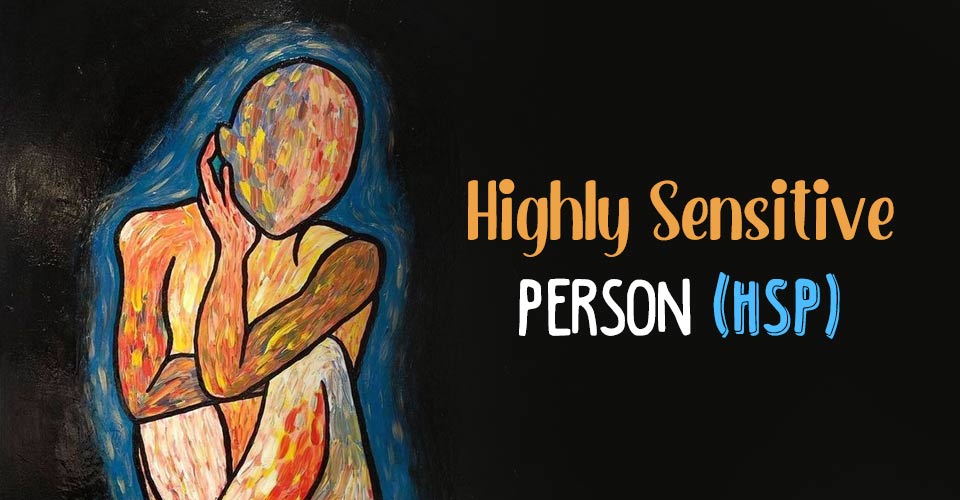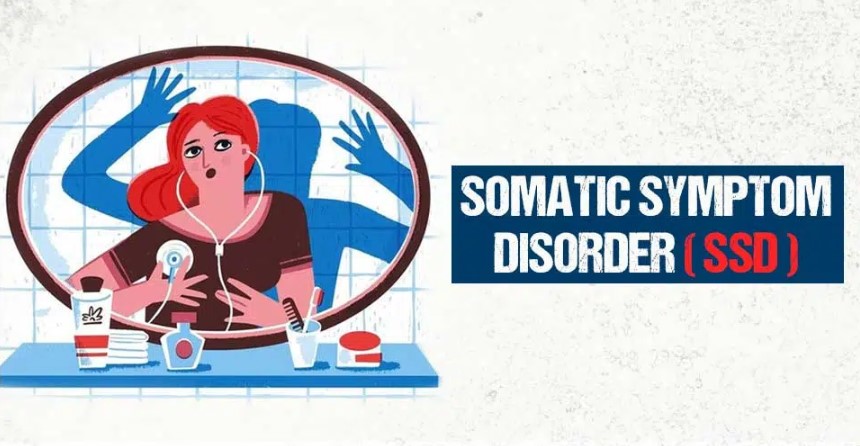Mental health care is a critical component of overall well-being, yet many people face significant challenges when seeking support for mental health issues. Barriers such as stigma, lack of awareness, and shortages of trained professionals make it difficult for individuals to access the care they need. This issue is even more pressing in rural and underserved areas where mental health services are often scarce.
Advanced nursing expertise has emerged as a key factor in addressing these challenges. Nurses with specialized training in mental health care are uniquely positioned to fill gaps in the system. They bring a combination of clinical skills, compassionate care, and accessibility that can make a real difference in people’s lives.
This article explores how advanced nursing education and practice can expand access to mental health care.
1. Advanced Nursing Education: A Path to Broader Mental Health Access
One of the most effective ways to expand mental health care access is through advanced nursing education. Nurses who pursue higher degrees, such as a Master of Science in Nursing (MSN), gain specialized knowledge and skills that prepare them to address complex mental health needs. These programs cover topics such as psychiatric assessment, therapy techniques, and medication management, giving nurses the tools to provide comprehensive care.
Many aspiring nurses worry about the time and resources required to pursue advanced education. However, the availability of online MSN degree programs has made this path more accessible than ever. These programs allow nurses to balance work, family, and studies while gaining the qualifications they need to advance their careers. This flexibility is especially important for nurses in underserved areas who want to expand their skills without leaving their communities.
Higher education in nursing also provides greater autonomy in practice. In many states, advanced practice nurses can diagnose and treat mental health conditions, prescribe medications, and develop treatment plans. This expanded scope of practice allows them to step into roles traditionally held by psychiatrists. Studies show that advanced nursing is a must to maintain quality of care for mental health patients.
2. Understanding the Challenges in Mental Health Care Access
Despite growing awareness of mental health issues, accessing care remains a significant challenge for many individuals. One major barrier is the stigma surrounding mental illness, which discourages people from seeking help. Many worry about being judged or misunderstood, leading them to avoid treatment until their conditions worsen.
Psychiatrists and psychologists are often concentrated in urban areas, leaving rural and underserved communities with few options. Long wait times for appointments and limited insurance coverage also add to the difficulties those seeking help face.
In many rural areas, the nearest mental health provider may be hours away. For those without reliable transportation or flexible work schedules, this lack of accessibility creates a major barrier to care.
Advanced practice nurses are well-suited to address these challenges. With their holistic approach to care and ability to connect with patients on a personal level, they can help reduce stigma and encourage individuals to seek treatment. Additionally, their growing presence in underserved areas is helping to fill critical gaps in the mental health care system, making it easier for people to get the support they need.
Nurse Practitioners as Frontline Mental Health Providers
Nurse practitioners play a crucial role in expanding access to mental health care, particularly in underserved areas. As advanced practice nurses, they are trained to provide a wide range of services, including diagnosing mental health conditions, offering therapy, and prescribing medications.
Nurse practitioners also take the time to listen to patients, understand their unique needs, and develop personalized care plans. This holistic approach ensures that mental health care is not just about treating symptoms but also addressing underlying factors that contribute to mental illness.
In many communities, nurse practitioners are stepping into roles traditionally filled by psychiatrists, especially in areas with few or no specialists available. For example, they may work in community health clinics, schools, or primary care settings, directly bringing mental health services to the people who need them most. Research shows nurse practitioners are instrumental in delivering mental health services to primary care populations.
Integrating Mental Health Care into Primary Care Settings
Advanced practice nurses bring mental health care into primary care clinics. People often visit primary care for health problems, so adding mental health services here gives them easier access. Patients can talk about their mental health without going to a separate clinic.
This setup also helps people feel less ashamed of seeking help. When mental health care happens alongside other routine health checks, it seems normal. Early signs of issues get noticed sooner because screenings happen during regular visits.
Nurses work as part of a team in these clinics. They collaborate with doctors, counselors, and other
specialists. This teamwork makes care plans more thorough and communication smoother. With mental
health care part of primary care, more people can get the help they need.
The Future of Mental Health Care with Advanced Nursing Leadership
Advanced practice nurses are shaping new ways to deliver mental health care. They create programs to address gaps in care. Mobile clinics, telehealth, and school programs help more people access services.
Education will remain key. Advanced degrees give nurses the training they need to treat mental health issues. Online programs make it easier for nurses to study while working. This lets them gain new skills without leaving their communities.
Nurses already lead many mental health initiatives. Their focus on direct, practical solutions makes them important in this field. Moreover, nurses work with policymakers and healthcare leaders. They push for changes that let them do more, like prescribing medication and managing treatments. By staying involved, they help expand access to care.
In conclusion, advanced nursing expertise has proven to be a powerful force in improving access to mental health care. Nursing degree programs make it easier for healthcare workers to gain the advanced training required to meet these challenges. With higher education, nurses can take on more responsibilities, such as diagnosing and treating mental health conditions, and work in settings where there are shortages of specialists.











Leave a Reply